Born on June 20, 1925, Audie Murphy's life is a story of remarkable courage and resilience. Though some uncertainty surrounds his birth year due to a falsified birth certificate used to enlist after Pearl Harbor, his military service began at the young age of 17. Rising through the ranks from private to staff sergeant, he eventually earned a battlefield commission. Wounded three times and participating in nine major campaigns across the Mediterranean and European Theaters of War, Murphy became the most decorated soldier of World War II. His bravery at the Battle of Colmar Pocket in Holtzwihr, France, earned him the Medal of Honor.
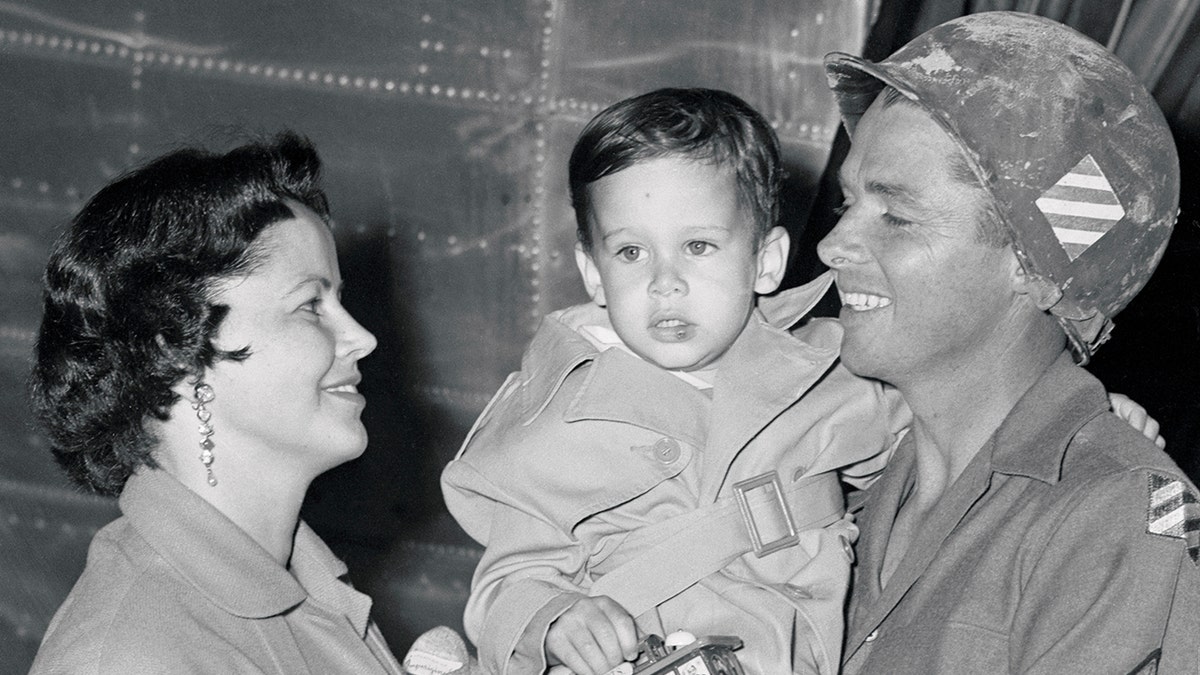
Following the war, Murphy penned the bestselling autobiography "To Hell and Back," which was later adapted into a 1955 film starring Murphy himself. The film became Universal's highest-grossing movie until 1975. Murphy's career extended beyond writing and filmmaking; he starred in 44 movies. Significantly, he was one of the first to shed light on the psychological impact of war, now recognized as post-traumatic stress disorder (PTSD). He dedicated his efforts to supporting veterans of the Korean and Vietnam Wars.
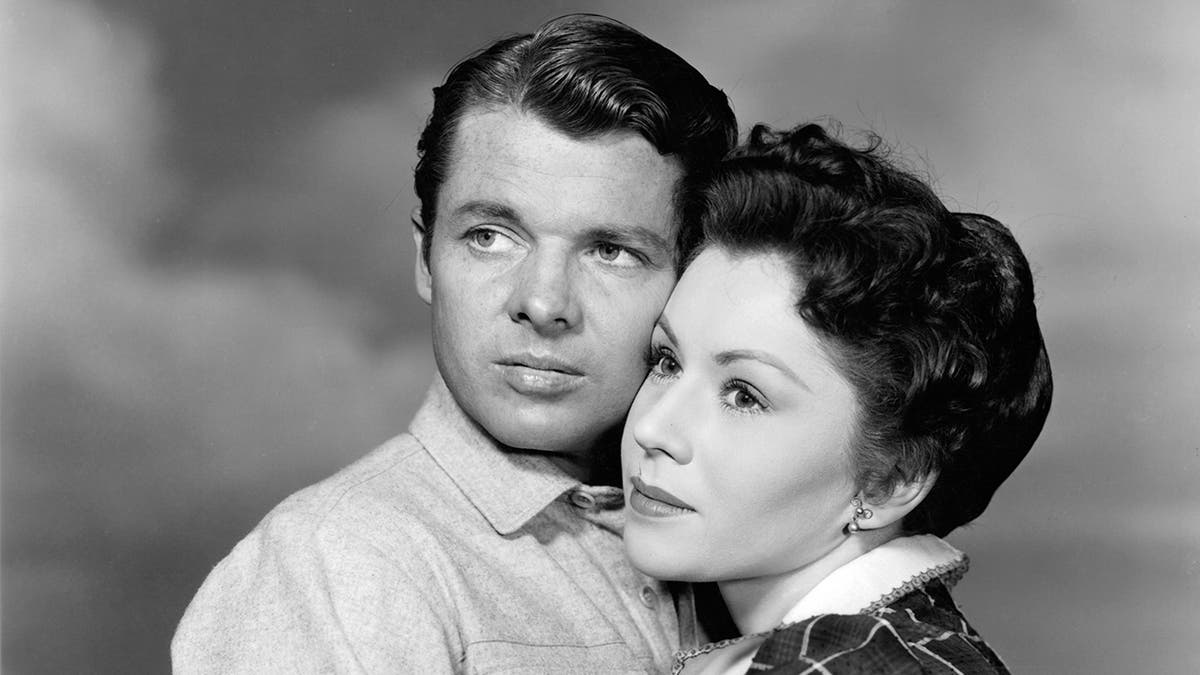
Tragically, Murphy's life was cut short in a plane crash in 1971 at the age of 45. He is laid to rest in Section 46 of Arlington National Cemetery, a site that draws numerous visitors each year. His Medal of Honor citation highlights his extraordinary valor: "With enemy tanks approaching his position, 2d Lt. Murphy climbed onto a burning tank destroyer, risking imminent explosion, and utilized its .50 caliber machine gun against the enemy."
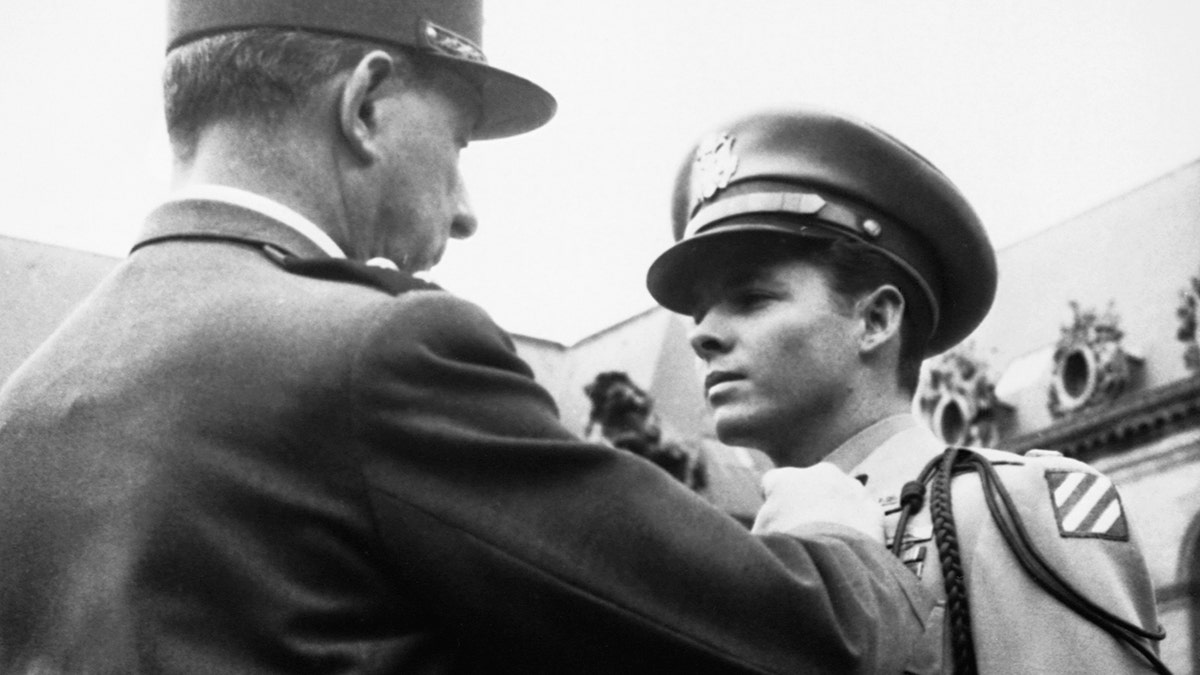
The citation continues, describing how Murphy, alone and under fire from three sides, inflicted heavy casualties, causing the German infantry attack to falter. He held his position for an hour, repelling relentless German assaults. Despite being wounded in the leg, he fought on until his ammunition was depleted.
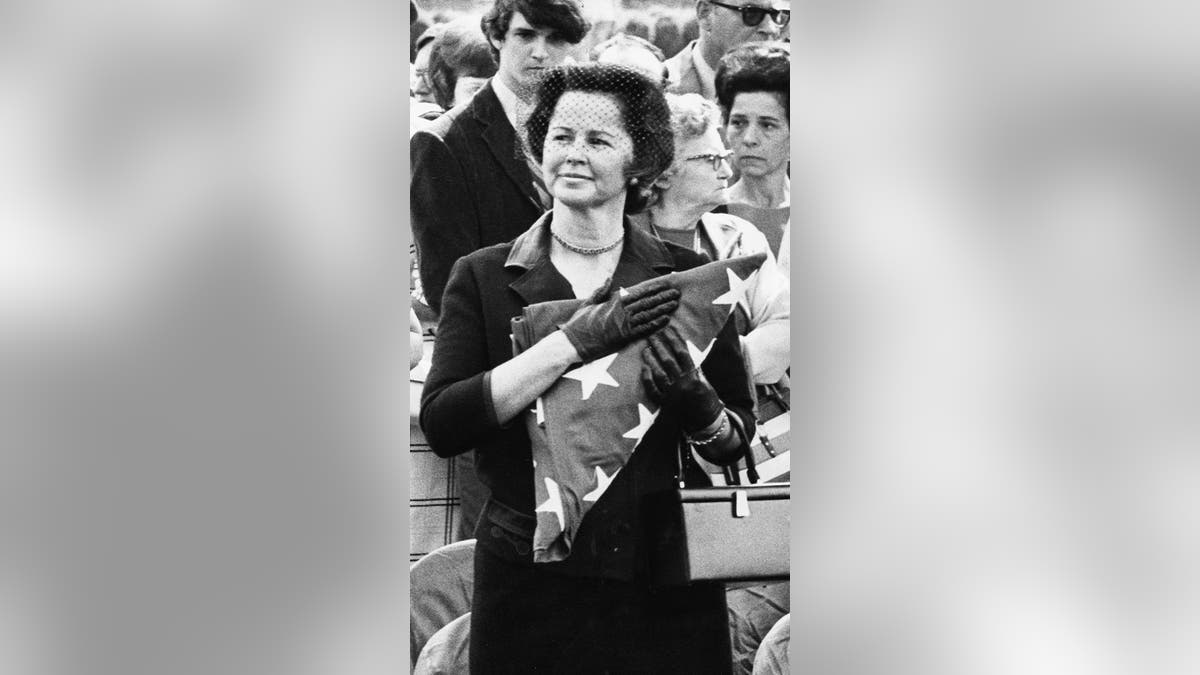
When asked about his motivation during that fierce battle, Murphy's simple reply speaks volumes about his character: "They were killing my friends." Beyond his military accomplishments, Murphy's early life was marked by hardship. Raised on a sharecropper farm in north Texas, he worked from a young age, chopping cotton for a meager wage. Orphaned at 16, he had limited formal education but possessed remarkable courage and marksmanship. During World War II, he is credited with eliminating hundreds of enemy combatants.
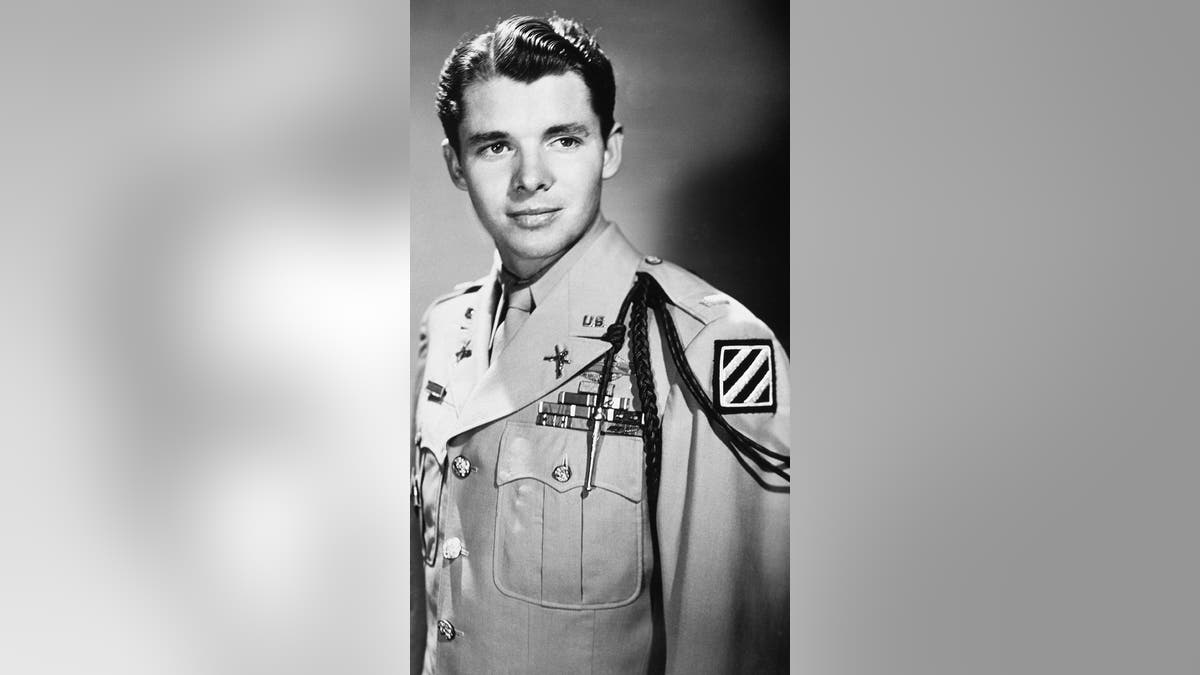
In addition to the Congressional Medal of Honor, Murphy received every U.S. Army combat award for valor, along with French and Belgian honors. His burial at Arlington National Cemetery was a testament to his service, with full military honors rendered. His gravesite, located near the amphitheater, remains a popular destination for those wishing to pay their respects to this American hero.
Comments(0)
Top Comments